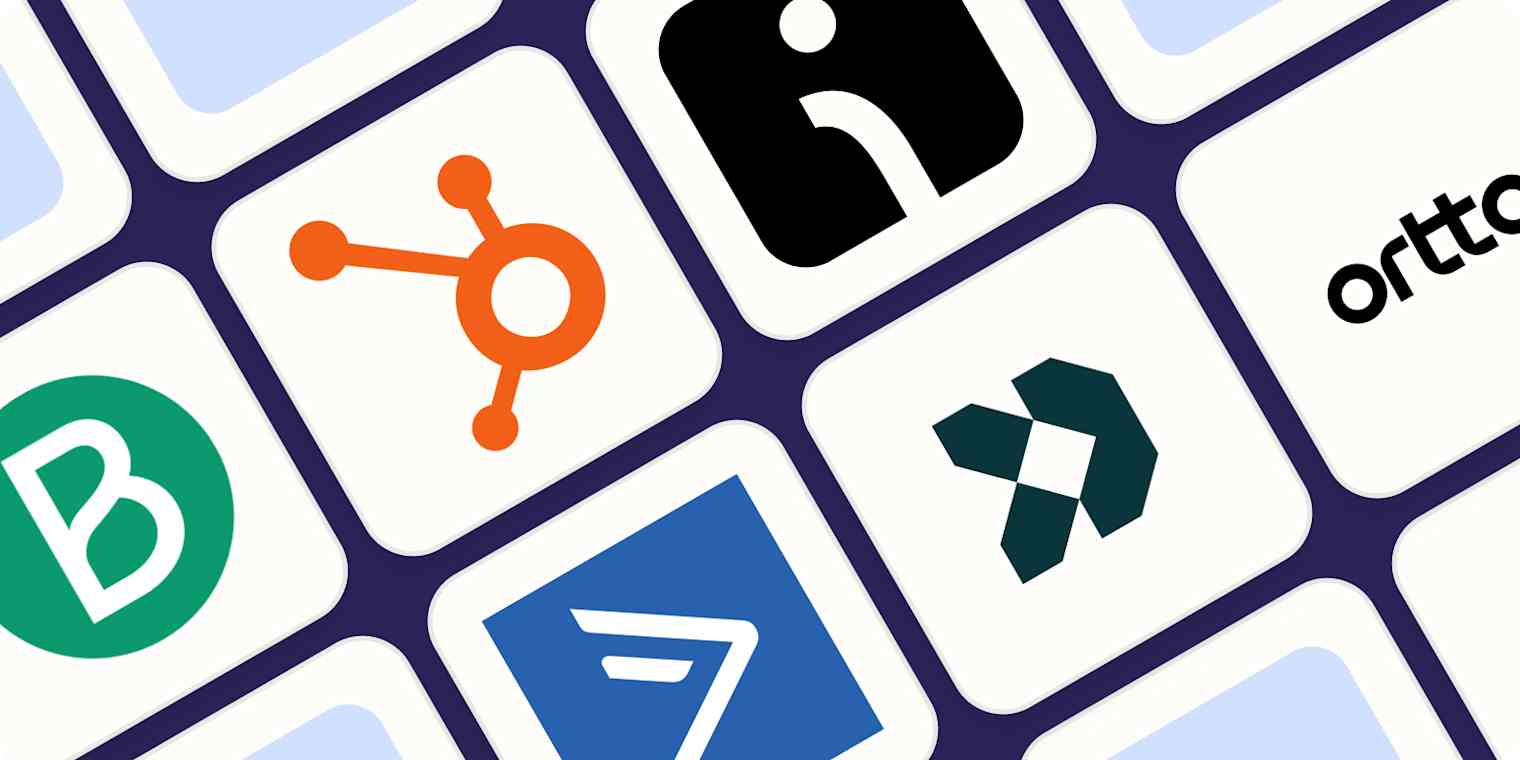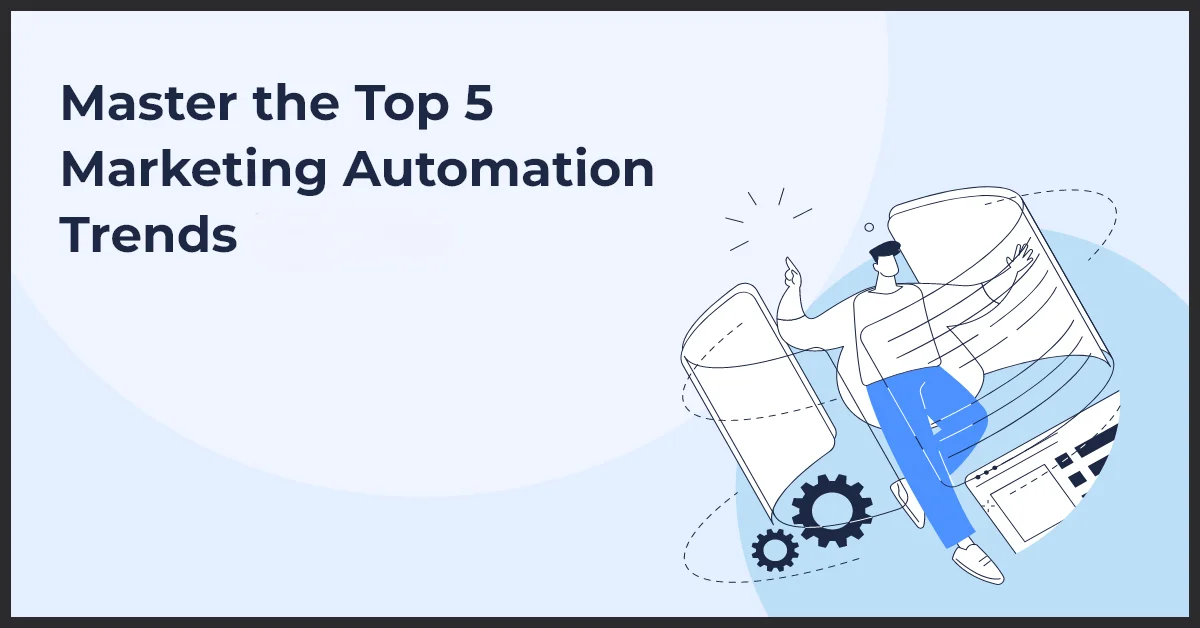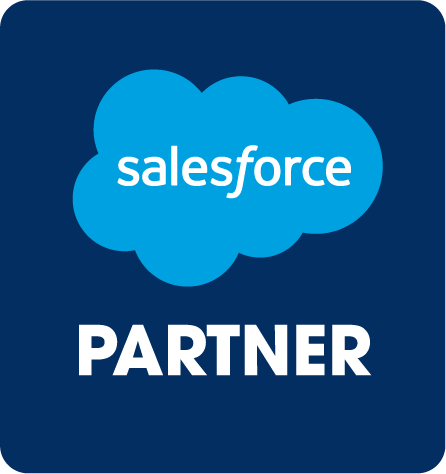The choice of whether or not to outsource is common in business, and when it comes to marketing automation, the question often applies. Is it more advantageous to develop in-house competencies, or is it best to team up with an agency that specializes in the technology? The objective of this post is to share some of our experience to help marketers make an informed decision when confronted with this issue.
Determining the Depth of Resources Required
Essentially, the depth of resources required to run a marketing automation initiative is determined by two considerations – the complexity of the platform and the depth of use. Both variables critically affect your approach:
- Platform Complexity: Not all marketing automation platforms are created equal. Entry-level platforms tend to be biased towards a broadcast mode of operation with their primary job being to deploy marketing messages via email. In contrast, more sophisticated platforms integrate advanced features such as complex database segmentation, predictive analytics, and deep integration with Customer Relationship Management (CRM) systems.
- Depth of Use: The second variable to consider is how deeply the technology is integrated into your operations. Is the platform used merely for sending out monthly emails, or is it a central part of your overall strategy, driving detailed segmentation, multichannel campaigns, and customer journey mapping?
Outsourcing Versus In-House: A Categorized Approach
The interplay between platform sophistication and depth of use shapes the merits of outsourcing versus maintaining an in-house team. Consider the following scenarios:
a) High Platform Sophistication / Lite Use
In these scenarios—often seen in larger corporations just starting with a new platform or testing its waters—the steep learning curve makes outsourcing a compelling option. Without a dedicated in-house expert, an external agency can quickly operationalize the technology and transfer key learnings to your team. Moreover, these high-level platforms tend to be expensive, so maximizing early adoption is vital to achieving a robust return on investment.
b) High Platform Sophistication / Heavy Use
One might expect that heavy use of a sophisticated platform should favor outsourcing entirely. However, the depth and breadth of expertise required mean that an in-house team is often better positioned to continuously engage with evolving platform capabilities. In these cases, a hybrid model works best: maintain core competencies internally while leveraging consultants for addressing complex, niche challenges or to cover temporary staffing shortages.
c) Medium Platform Sophistication / Lite Use
For platforms designed for more straightforward tasks, like sending out regular newsletters, appointing a dedicated in-house marketing resource is often most economical. A longer learning curve may be acceptable here, and the risk of operational oversights can be mitigated with thorough testing and gradual process improvement.
d) Medium Platform Sophistication / Heavy Use
When marketing automation drives critical, multi-faceted campaigns, the need for both breadth and depth in technical skills becomes paramount. Even the most talented individuals might struggle to stay abreast of all the necessary disciplines—from HTML development to database management. In this instance, engaging a consulting agency offers the benefit of a diverse team, where each member is a specialist in a particular area, ensuring that every facet of your campaign is optimized.
e) Low Platform Sophistication / Lite Use
In the simplest scenarios, such as sending out a monthly product update, the operational demands are minimal. Hiring a consultant on a project basis can efficiently manage the workload without disrupting other core functions within your organization. This approach is especially attractive to solo entrepreneurs or small teams who need to stay nimble.
f) Low Platform Sophistication / Heavy Use
Even with a basic platform, heavy use can lead to a steady stream of repetitive tasks. In such cases, the operational flow may be more predictable, which makes it sensible to retain a dedicated staff member who can manage the workload consistently without the ongoing premium cost associated with high-skill consultants.
Additional Considerations for Decision-Making
Beyond the platform sophistication and the depth of use, several practical considerations can influence your decision:
- Budget and Cost Efficiency: Although consultants generally charge higher hourly rates, they can be engaged on an as-needed basis. In many instances, the overall cost savings stem from not needing a full-time resource to maintain a technology that may not require constant attention.
- Talent Scarcity: The pool of experts is often small for high-level platforms. This scarcity drives up wages and makes it challenging to recruit top talent. Outsourcing to a specialized agency ensures you have access to seasoned professionals without the challenges of a competitive hiring market.
- Project Management and Scalability: Consider whether your organization follows a structured, long-term plan for its marketing programs or whether your approach is more ad hoc. Agencies can quickly adapt to shifting priorities and scaling needs, ensuring that your marketing initiatives stay on track.
- Integration and Interconnectedness: As companies expand their tech stacks, integrating multiple applications becomes increasingly complex. The ability to seamlessly manage and synchronize different systems often exceeds the skill set of a single individual, highlighting the benefit of an agency with a diverse talent pool.
- Data Security and Compliance: Maintaining data security and adhering to compliance standards is crucial in today’s regulatory environment. Agencies specializing in marketing automation are typically up-to-date with the latest security protocols and legal requirements, reducing the risk of data breaches or non-compliance.
Balancing In-House Expertise with Outsourcing
It is important to recognize that the choice between in-house development and outsourcing is not always an either/or decision. A blended approach can often yield the best results, allowing your organization to build core competencies while leveraging external expertise when necessary. For example, an in-house team can manage day-to-day operations, while a specialist agency can be called in to troubleshoot complex issues or to provide strategic insights during periods of rapid growth.
Conclusion: MarketCatch Can Help Out
In conclusion, whether your organization opts for in-house expertise, outsourcing, or a hybrid model, the decision should be driven by the platform’s complexity, the depth of its use, and your broader operational needs. Maintaining a flexible relationship with a trusted marketing automation agency can provide the depth of expertise and adaptability required to navigate evolving challenges.
MarketCatch understands these nuances and stands ready to support your marketing automation initiatives. With a proven track record in bridging in-house operations and outsourced expertise, MarketCatch can help you maximize your investment, streamline your processes, and achieve sustainable growth. Let MarketCatch help you transform your marketing strategy today.




